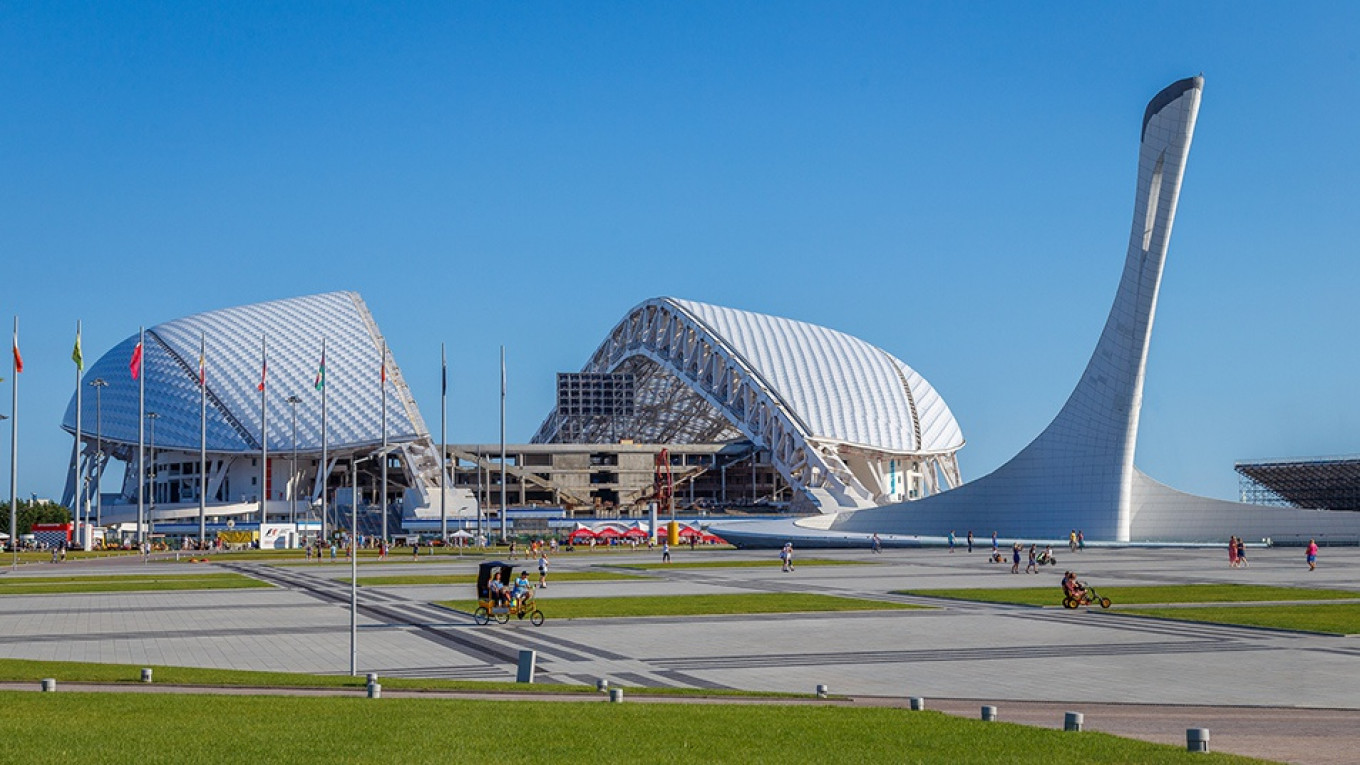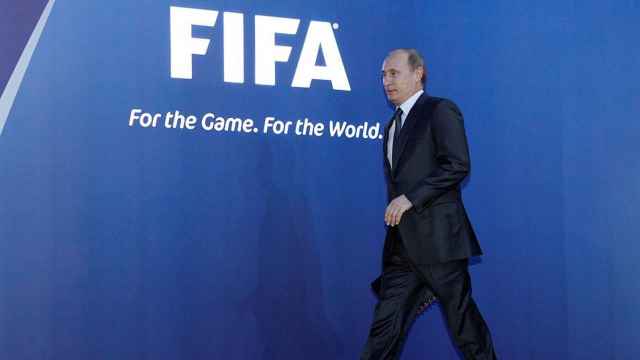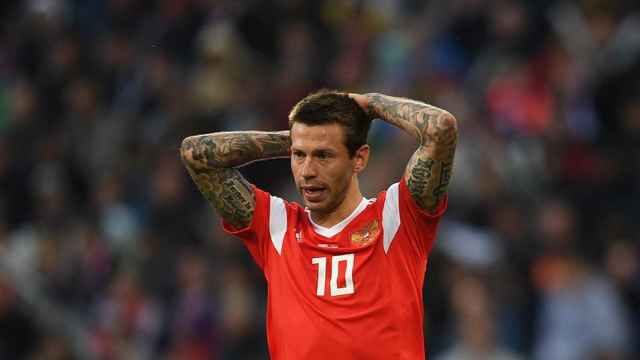History
Fisht Stadium was completed in 2013, just in time for the Sochi Olympic Games in 2014. As the flagship venue for the games, where the opening and closing ceremonies took place, it had to look spectacular. The world’s eyes were all on Sochi and Russia was eager to improve its image abroad and sell itself as a place to do business. To accomplish this, the Russians spent lavishly. Unfortunately for them, the severe cost overruns received more attention than the venues themselves. At an estimated $51 billion, the 2014 Olympics remain the most expensive ever. More recently, the doping scandal that came to light after the Games promises to cast a shadow over this year’s World Cup, especially in Sochi.
Since the Games, the arena has had a hard time attracting more than a few thousand fans to any one event — not surprising given the city has a population of just 350,000. Sochi had a professional, third-tier football team for just one season, in 2014-15, after which the team failed to qualify for subsequent seasons. They are now taking a break, though the mayor (who sees no obstacles preventing FC Sochi from reaching the top tier) has announced that once the FIFA tournament is over he plans to transfer the stadium to them, albeit with reduced seating.
Architecture and Location
Despite the problems and cost overruns surrounding the arena’s construction, Fisht did not fail to impress international audiences when they arrived at the Olympic Park. The 47,659-seat stadium is named after Mount Fisht, whose twin peaks (as seen from some of the Olympic facilities) bear a resemblance to the split white roof of the structure. At night, the stadium can be illuminated from the inside in a multicolored display, which plays nicely with the singing fountain in front, where the Olympic flame burned during the Games.
The stadium stands at the center of the Olympic Park in Adler, 30 kilometers from the center of Sochi, on prime oceanfront property. Indeed, right behind the stadium is one of the Black Sea’s famously pebbled beaches, so bring your swimsuit on game day. The park also has a number of other interesting sights. There are several museums, including one palm-tree flanked building housing a trifecta of museums dedicated to Leonardo da Vinci, Nikola Tesla and the Soviet Union. Standing separately is an automotive museum, which houses both sports cars and Soviet classics. It may also be worth your while to visit the amusement park and get a great view of the stadium, the Black Sea, and the Caucasus all at once from the Ferris wheel.
Getting there
By public transport:
The easiest way to get to Fisht Stadium is the commuter train. From Sochi Station to the Olympic Park takes 50 minutes; from Adler Station it takes just 13 minutes. Once you arrive, plan on walking for another 20 minutes to get to the stadium.
A Message from The Moscow Times:
Dear readers,
We are facing unprecedented challenges. Russia's Prosecutor General's Office has designated The Moscow Times as an "undesirable" organization, criminalizing our work and putting our staff at risk of prosecution. This follows our earlier unjust labeling as a "foreign agent."
These actions are direct attempts to silence independent journalism in Russia. The authorities claim our work "discredits the decisions of the Russian leadership." We see things differently: we strive to provide accurate, unbiased reporting on Russia.
We, the journalists of The Moscow Times, refuse to be silenced. But to continue our work, we need your help.
Your support, no matter how small, makes a world of difference. If you can, please support us monthly starting from just $2. It's quick to set up, and every contribution makes a significant impact.
By supporting The Moscow Times, you're defending open, independent journalism in the face of repression. Thank you for standing with us.
Remind me later.






